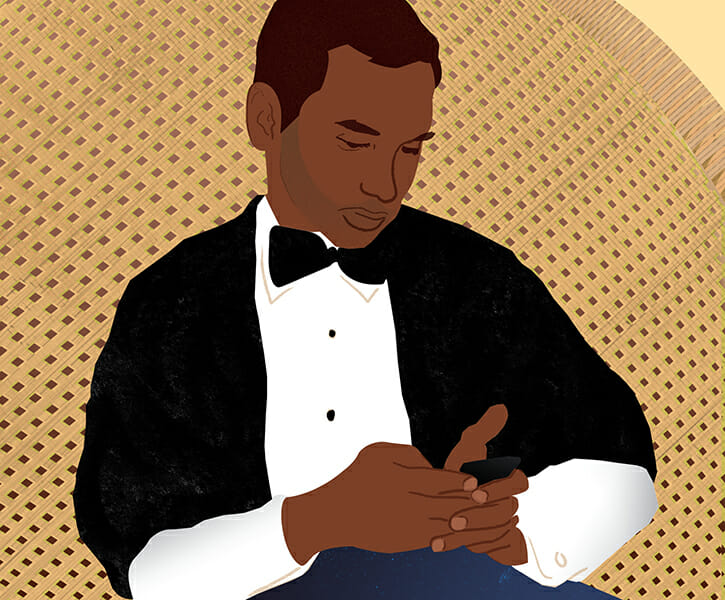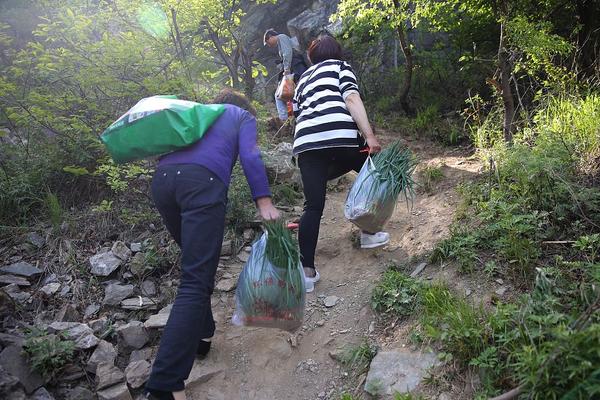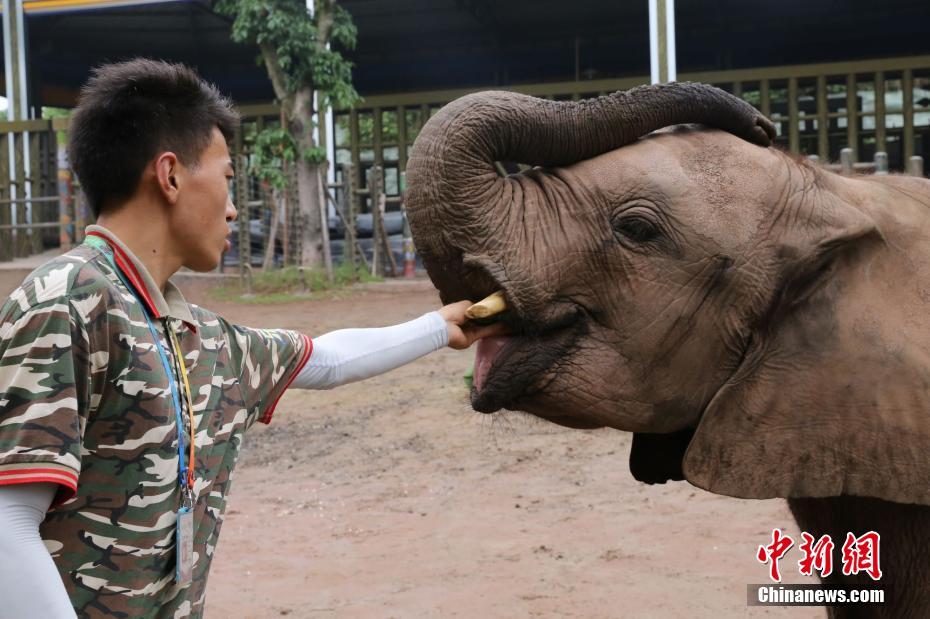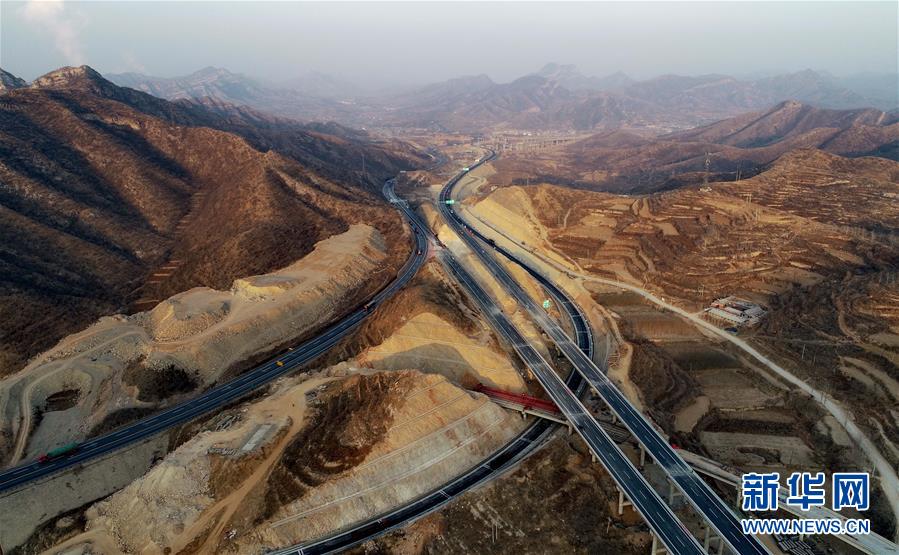992 Archivesnew coronavirus has some stark differences from other relatively recent, grim outbreaks of disease.
Take, for example, the SARS outbreak in 2003 (also a coronavirus), the H1N1 flu in 2009, or even the ongoing HIV epidemic. They don't compare for a number of reasons.
This coronavirus is novel, which means infectious disease experts necessarily have much more to learn about the recently-emerged microbe, particularly how to develop treatments to combat or quell the resulting disease, COVID-19. Still, dubious comparisons have been made to earlier virus outbreaks that either were successfully contained or already have treatments, suggesting that the new coronavirus might be similarly managed. Meanwhile, flag-waving protesters at crowded, conservative demonstrations claim the new pathogen isn't too serious as they rail against the large-scale shutdowns intended to curb the spread of this still-developing outbreak.
"The danger of these comparisons is it’s apples and oranges," said Dr. Vince Silenzio, an M.D. and professor at the Rutgers School of Public Health. "It's so different."
Of note, there are no approved antiviral medications to treat the new coronavirus. In contrast, there are proven drugs to combat influenza and effective medications to keep people infected with HIV healthy. And unlike coronavirus, SARS — which did not spread widely in U.S. communities and killed a total of 774 people globally in 2003 — was contained. This coronavirus, meanwhile, swept through the nation while the federal government — led by a president who in January said "We have it totally under control" — failed to test and isolate infected Americans. (For reference, so far there have been over 1,000 reported American COVID-19 deaths each day for 19 straight daysin April.)
Now, the virus is everywhere, and it may take years to put a lid on this pathogen. "This one has spread to a lot of people and spread quickly," said Silenzio. The microbe is hospitalizing severely sick young and old people alike, though people over 65 are the most vulnerable.
Unlike SARS or Ebola, which sicken people relatively quickly, many folks infected with this coronavirus are healthy carriers, meaning they can unwittingly spread the microbe (even by talking) while they feel fine. Some asymptomatic people are coronavirus "super-spreaders."
And critically, there's no vaccine for this new virus, and there probably won't be one for at besta year to 18 months.
What is known about this coronavirus is that it's already killed over 42,000 Americans (as of April 21), and it's on track to, optimistically, kill tens of thousands more. It's pernicious.
"It is very dangerous at the peak of this pandemic to treat this virus as pedestrian, especially by making false equivalence arguments to previous experiences with pandemic viruses," said Mark Cameron, an immunologist at Case Western Reserve University who helped contain the outbreak of SARS.
Compared to well-researched pathogens like SARS, HIV or the 2009 H1N1 'swine' influenza, scientists are "deeply concerned" about the "mounting unknowns" of COVID-19, emphasized Cameron. That's because COVID-19 is already having a devastating impact on our most vulnerable citizens and overtaxed health care systems, he said.
This Tweet is currently unavailable. It might be loading or has been removed.
This Tweet is currently unavailable. It might be loading or has been removed.
It's unknown why the virus makes some people perilously sick, but perhaps one in four people have no symptoms at all. It's uncertain how many people in the U.S, have been infected, and it's unknown if people can really be reinfected or how long people remain immune.
"We are standing on the shore and we’re looking out at the water ahead of us," said Silenzio. "We can see the horizon, but we don't know what’s over the horizon."
Although coronavirus is not nearly contained and some weighty questions about it loom large, society does have a potent public health weapon to limit its spread — a weapon CDC director Robert Redfield has called "powerful." It's social distancing. And it's almost certainly having a big influence on driving down infections and deaths. You can't infect people if you're not exposed to them.
Some might call current, unprecedented social distancing measures too severe, or as U.S. Attorney General William Barr labeled them, "draconian." But they're one of the few public health weapons in our arsenal.
"Social distancing is one of the only tools we have," Brian Labus, a professor in the University of Nevada, Las Vegas’ School of Public Health told Mashable earlier this month. "It's not like we have treatments. It's not like we have a vaccine."
"We don't know what’s over the horizon."
"It’s too early to debate whether the dramatic measures we are taking are too severe in ultimately containing COVID-19 as it peaks," compared with how we've dealt with previous, better-understood outbreaks, said Cameron. "What’s at risk is a disastrous wholesale run of COVID-19 through our population without treatments and vaccines to adequately deal with it."
The ship has long sailed on keeping this outbreak under control. It's different than SARS and many past influenzas, which we have contained and treated. Virologists, immunologists, and public health experts now have a historic task ahead in finding ways to manage this novel coronavirus pandemic — and, inevitably, future ones.
Previous:Malls and movies and drones, oh my.
Next:An Uneven Disaster
 Repair Work
Repair Work
 Next Google Nest thermostat might support motion control, like Pixel 4
Next Google Nest thermostat might support motion control, like Pixel 4
 Tell the world Aunt Flo is in town with this weirdly cute tampon nail art
Tell the world Aunt Flo is in town with this weirdly cute tampon nail art
 Watch a shot
Watch a shot
 The Norwegians Who Mistook Their Bus Seats for Muslims
The Norwegians Who Mistook Their Bus Seats for Muslims
 Colossal Western fires look ever more menacing, viewed from space
Colossal Western fires look ever more menacing, viewed from space
 Ed Sheeran is back on Twitter because what is dead may never die
Ed Sheeran is back on Twitter because what is dead may never die
 I'm Ed Sheeran and you can all go to hell
I'm Ed Sheeran and you can all go to hell
 Fidelity, Bravery, Integrity, Memos
Fidelity, Bravery, Integrity, Memos
 'Contagion' hits different 6 months into the pandemic
'Contagion' hits different 6 months into the pandemic
 Hot World, Cooler Heads
Hot World, Cooler Heads
 Facebook celebrates World Emoji Day by releasing some pretty impressive facts
Facebook celebrates World Emoji Day by releasing some pretty impressive facts
 Tesla Supercharger glitch gives free charge to EVs in Europe
Tesla Supercharger glitch gives free charge to EVs in Europe
 Get more from Costco with a new Gold Star Executive Membership for $120
Get more from Costco with a new Gold Star Executive Membership for $120
 Can Liberals Give Peace a Chance?
Can Liberals Give Peace a Chance?
 Prince George is tired of your niceties and wants you to board the plane immediately
Prince George is tired of your niceties and wants you to board the plane immediately
 20 years later, Rainn Wilson in 'Almost Famous' is still a hidden gem
20 years later, Rainn Wilson in 'Almost Famous' is still a hidden gem
 Man brings his vegan date a bouquet of kale and they say romance is dead
Man brings his vegan date a bouquet of kale and they say romance is dead
 General McMaster and the Miniskirts
General McMaster and the Miniskirts
 Microsoft Surface Duo review: Is this the future of smartphones?
Microsoft Surface Duo review: Is this the future of smartphones?
Robotic vacuum with camera is vulnerable to hackersJamie Lee Curtis cosplayed as an orc for 'World of Warcraft' premiereMayor Bill de Blasio would like to help Kanye West throw a concertTrespassing child just really wants to hug neighbor's big dogSomeone is definitely following Arya in that 'Game of Thrones' scene. Maybe.Unnerving video appears to show panther stalking unsuspecting manPeople are furious that straight white guys aren't allowed to attend an equality conference'Springsteen on Broadway' headed to Netflix in DecemberYour guide to navigating the antiSomeone is definitely following Arya in that 'Game of Thrones' scene. Maybe.Will smartphone notch be replaced with a hole?McDonald's is ditching plastic straws in Australia tooSomeone is definitely following Arya in that 'Game of Thrones' scene. Maybe.Malaysia jails a teenager for insulting royalty on FacebookMark Zuckerberg thinks Holocaust deniers belong on FacebookIn front of Congress, Facebook defends its decision on InfoWarsThis glorious Instagram puts Timothée Chalamet into famous paintingsAnother 'Breaking Bad' character coming to 'Better Call Saul', kindaAmazon will invest $3 billion in India, its fastestPSA: Please don't jump out of a moving car for the #InMyFeelings challenge Snow is hard to come by in Australia, so this guy created his own The Cavs' locker room reportedly smelled like weed after NBA Finals Game 2 My crush on Draco Malfoy made me absolutely despise Harry Potter People really 'love' Facebook's Messenger reactions The NSA leaker might was likely outed by tiny yellow tracking dots 5 reasons you should care about the iPad Pro 10.5 'To Kill a Mockingbird' will soon get a graphic novel adaptation We're McLosing it over this very chill McDonald's dessert invention You, yes you, could play Young Dumbledore in a 'Fantastic Beasts' sequel Blizzard's unofficial theme songs for their cast of characters are perfect OnePlus 5 might beat the iPhone 7 Plus by unapologetically copying it Katy Perry can't find a signal on 'Witness' Apple quietly announces great news about iCloud storage China debuts driverless train that only needs white painted lines as tracks Apple drops a reality TV show called (no joke) 'Planet of the Apps' Cardboard augmented reality goggles? Please, no. We've done this dance before. The 12 best iOS 11 features you haven't heard about yet The world's best airport is about to become the only one with a hedge maze Listen to Britney Spears absolutely nail 'Toxic' without auto Facebook launches 'disaster maps' to help communities recover after crises
2.5163s , 10130.5546875 kb
Copyright © 2025 Powered by 【1992 Archives】,Miracle Information Network